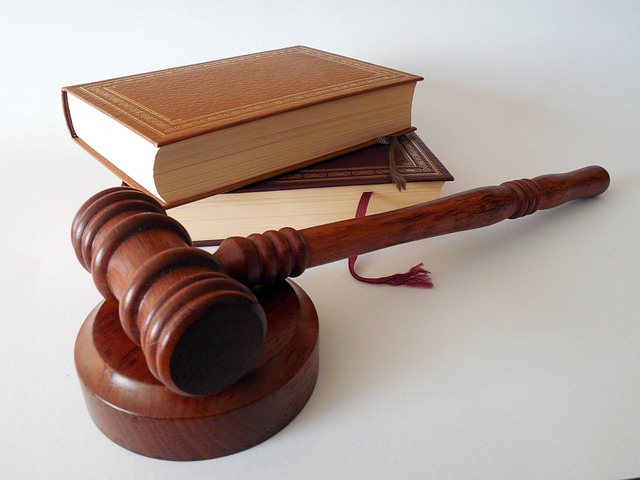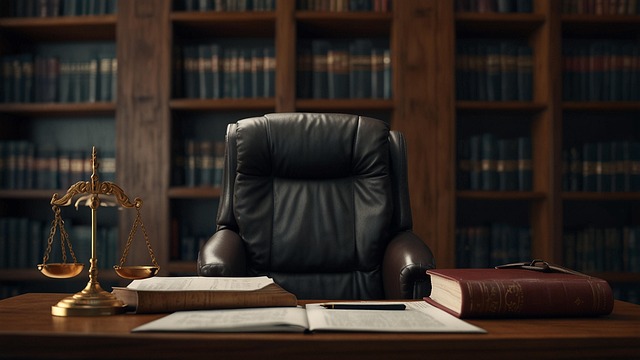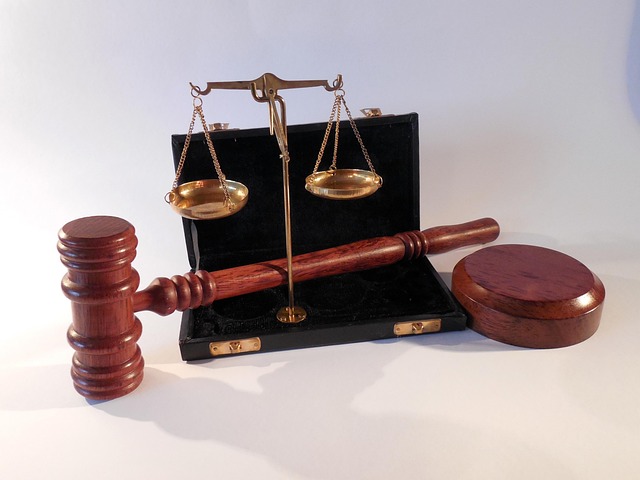Corporate Crime Investigations handle complex cases of unethical business practices, including false advertising. The process starts with evidence gathering and may lead to legal strategies like suing for compensation. Suing for false advertising involves gathering evidence, proving impact and intent, and navigating global legal frameworks. Meticulous document review, strategic planning, and expert consultation are key steps in building a robust case. Consumers and businesses should understand their rights and seek specialized legal help for successful outcomes in Steps to Sue for False Advertising.
Corporate Crime Investigations delve into the complex world of business misconduct, especially false advertising. This article guides you through understanding these investigations, navigating legal frameworks, and building a robust case. From gathering evidence to effective filing strategies, we outline practical steps to sue for false advertising, empowering businesses to protect their integrity and consumer rights. By exploring these key areas, you’ll gain insights into ensuring corporate accountability.
- Understanding Corporate Crime Investigations
- Legal Frameworks for False Advertising Cases
- Building a Strong Case: Evidence & Strategies
- Steps to File and Sue Effectively
Understanding Corporate Crime Investigations

Corporate Crime Investigations delve into complex and sensitive matters involving business entities accused of unethical or illegal practices. These investigations encompass a wide range of offenses, from financial misdeeds to violations of consumer protection laws, including false advertising. Understanding the process is crucial for both victims seeking justice and businesses aiming to avoid potential legal pitfalls.
The journey starts with gathering evidence, which involves meticulous documentation, interviews, and data analysis. This initial phase sets the foundation for subsequent actions. If a company is found liable for false advertising, for instance, taking proactive steps to sue for compensation can be part of the strategy to mitigate damages. Throughout all stages of the investigative and enforcement process, from uncovering white-collar and economic crimes to avoiding indictment, effective communication with legal professionals is key to navigating these intricate matters successfully.
Legal Frameworks for False Advertising Cases

False advertising is a significant concern in corporate crime investigations, often falling under consumer protection laws. The legal frameworks for such cases vary across jurisdictions but generally involve strict regulations against deceptive marketing practices. When businesses make false or misleading claims about their products or services, consumers have legal recourse.
The steps to sue for false advertising include gathering evidence of the misrepresentation, demonstrating its impact on potential buyers, and establishing that the defendant intended to deceive or negligently made the claim. These cases often require a thorough investigation into marketing materials, sales records, and expert testimony. As such, it’s crucial for consumers and respective businesses alike to understand their rights and the legal landscape surrounding false advertising claims across the country.
Building a Strong Case: Evidence & Strategies

Building a strong case in corporate crime investigations requires meticulous attention to detail and strategic planning. When dealing with high-stakes cases, such as those involving false advertising, gathering robust evidence is paramount. The first steps involve thoroughly reviewing relevant documents, including contracts, marketing materials, financial records, and communications between parties. This process helps identify discrepancies and potential violations of legal standards.
Strategizing effectively means understanding the specific laws related to false advertising and tailoring your approach accordingly. Engaging both corporate and individual clients requires a nuanced understanding of their unique needs and concerns. While general criminal defense principles apply, the focus should be on demonstrating intentional misleadings or material omissions that caused substantial harm. By combining thorough evidence collection with well-crafted legal strategies, investigators can strengthen their cases significantly, increasing the chances of successful outcomes in steps to sue for false advertising.
Steps to File and Sue Effectively

When considering steps to file and sue effectively for false advertising, it’s crucial to start with thorough documentation. Gather all evidence pertaining to the deceptive practices, including marketing materials, sales records, and any communication with the company in question. This process forms a solid foundation for your case and significantly enhances achieving extraordinary results.
Next, consult with legal professionals experienced in white collar and economic crimes. They can guide you through the complexities of filing a lawsuit, ensuring compliance with legal requirements. Their expertise may lead to successful jury trials if the case proceeds to court, which could result in substantial financial compensation for the harm caused by false advertising.
Corporate crime investigations, particularly those involving false advertising, require a meticulous approach. By understanding the legal frameworks, gathering compelling evidence, and following the right steps to file and sue, businesses can protect their interests and hold wrongdoers accountable. Remember, each case is unique, so seeking professional guidance is essential in navigating these complex matters and achieving justice through the legal system.






